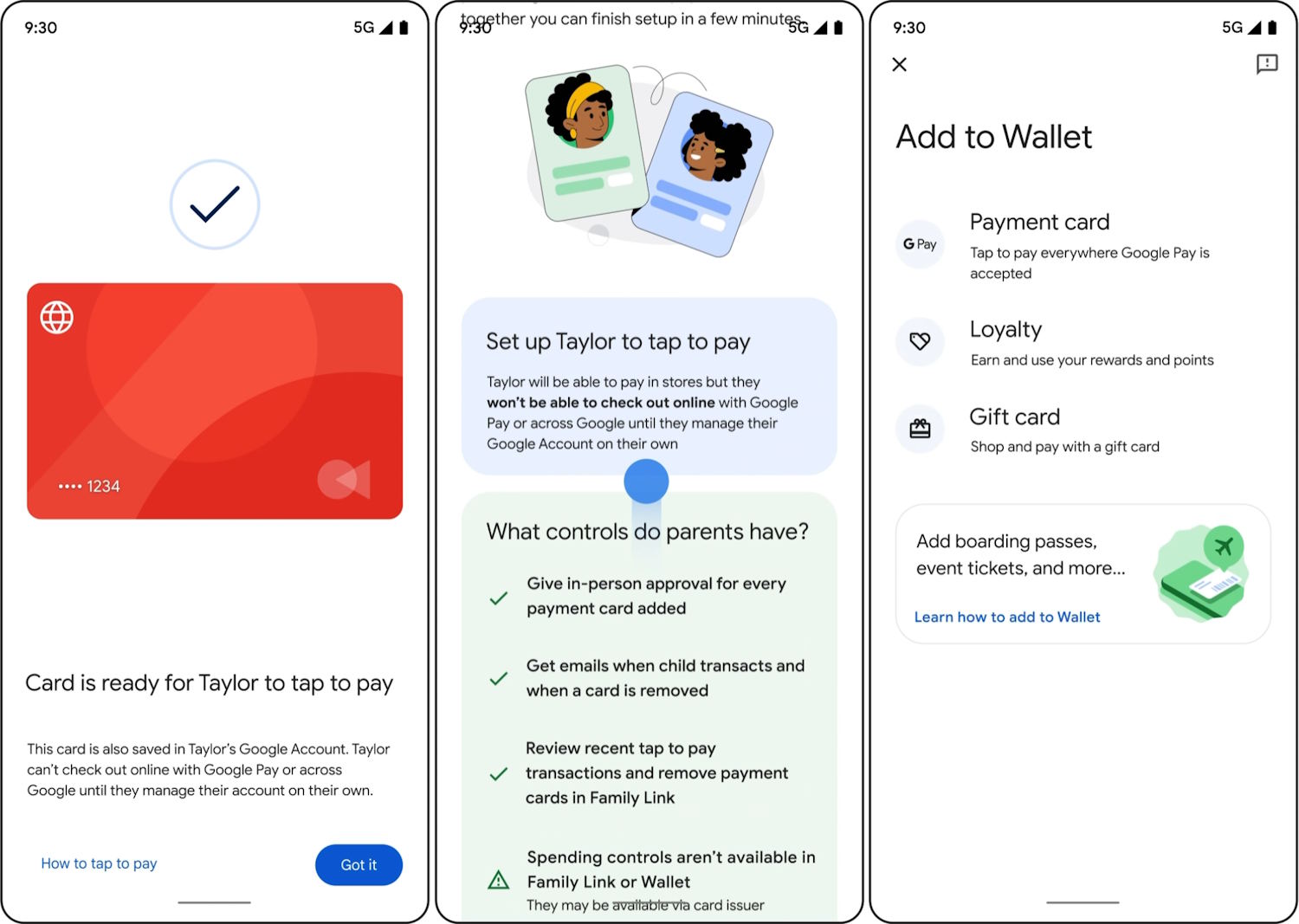
Windows 25 solves Windows 11's biggest problem -- download it now
For most people, the first thing that jumps out about Windows 11 is the centered taskbar and Start menu. It’s one of the most obvious changes Microsoft made to the new OS to differentiate it from Windows 10.
A change like that can be difficult to adjust to at first -- if you’ve been using Windows for years you’ll be used to everything being on the left. Windows 25 puts everything back where it belongs, and you can install it now.

Enterprise AI usage surges but security worries remain
A new report from Zscaler reveals a 3,000 percent year-on-year growth in enterprise use of AI/ML tools, highlighting the rapid adoption of AI technologies across industries to unlock new levels of productivity, efficiency, and innovation.
This surge in adoption also brings heightened security concerns though. According to the study enterprises blocked 59.9 percent of all AI/ML transactions, indicating awareness around the potential risks associated with AI/ML tools, including data leakage, unauthorized access, and compliance violations.

Ransomware readiness -- how boards can lead the charge against cyber threats [Q&A]
Ransomware attacks are increasingly targeting organizations across industries, with the potential to cause devastating financial, operational, and reputational damage.
We spoke to James Eason, practice lead for cyber risk and compliance at Integrity360, to get his insights into how executive boards can effectively prepare for such incidents.

Gmail search gets worse as Google forces AI powered results on users
Google is once again injecting AI where it doesn’t really belong. This time, sadly, it’s Gmail search -- something many of us use often. The search giant has started rolling out a change that sorts email search results by “most relevant” instead of the usual chronological order, and to be honest, it feels more like a nuisance than a helpful upgrade.
According to Google, this new AI-powered system will take things like recency, click behavior, and frequent contacts into account when surfacing results. In theory, that sounds useful. In practice, however, it will probably just bury what you’re actually looking for under a pile of algorithmic guesses.

Rooted mobile devices prove 250 times more vulnerable
Rooting (on Android) and jailbreaking (on iOS) were once widespread for enabling deeper customization and removing OS limitations on mobile devices. It's a practice that's become less common in recent years but still represents a serious security threat, not just to the user, but to enterprises who enable employees to access sensitive corporate apps and data from their devices.
Research from Zimperium's zLabs shows rooted Android devices experience 3.5 times more malware attacks, and system compromises have surged by 250 times compared to non-rooted devices.

New solution delivers fast recovery from ransomware attacks
With enterprises relying increasingly on data stored on the cloud existing ransomware solutions designed for in-house storage often fall short. That can mean longer recover times which in turn can prove devastating for the business.
Cloud backup platform Eon is launching a new cloud-native package designed specifically to provide protection and recovery from ransomware attacks. Engineered for immediate recovery, Eon's platform is able to restore clean data in minutes, offering greater efficiency than other current market offerings.

Free AI tools add to surge in attacks on applications
As organizations race to deliver apps at an unprecedented pace, the rise of freely available AI tools with sophisticated capabilities has made it easier than ever for threat actors to effortlessly reverse-engineer, analyze, and exploit applications at an alarming scale.
A new report from Digital.ai shows that 83 percent of applications are under constant attack, a nearly 20 percent increase from last year, with attack rates surging across all industries.

Google Wallet update means kids can now use digital payments and store their passes
Google is rolling out a significant update to Google Wallet that opens up the digital wallet to children.
The update enables children to not only make digital payments and use tap-to-pay, but also to store a range of passes, cards and tickets in one place. The consent of a parent or guardian is required to add a child’s card to Google Wallet, and there are comprehensive supervision tools available.

Microsoft brings Copilot back from the dead after accidentally nuking it
Copilot remains a divisive addition to Windows, so there was a mixture of jubilation and despair when Microsoft released updates for Windows 10 and Windows 11 that had the unintended side effect of deleting the AI-powered digital assistant.
At the time, Microsoft acknowledged the accidental deletion and unpinning of the app and suggested Copilot fans manually download and reinstall the app while it worked on a proper fix. Now the company says it has things sorted out -- to the delight or chagrin of those affected.

Windows 11 build 26100.3613 hits the Release Preview Channel with an updated Task Manager that actually makes sense
Microsoft often likes to do things in a contrary fashion, particularly when it comes to Windows. But there are also times when the company sees that it doesn’t always makes sense to work against the tide, and makes changes to its software accordingly.
And this is just what has happened with the latest Release Preview build of Windows 11. This is a build that brings a lot of changes and new features, but one of the most interesting, useful and pleasing is an update to Task Manager that finally sees it complying with industry standards for the way it shows CPU usage.

Top 10 data security best practices for 2025
2024 ushered in one of the biggest shifts in data security, as cyber threats continued to increase in sophistication by leveraging advancements in AI to outpace traditional defenses. High-profile breaches across all industries continued, uncovering vulnerabilities in even the most robust systems. Meanwhile, the ongoing hybrid work models and migration to cloud-based technologies expanded the attack surface, creating new challenges for protecting sensitive data.
As 2025 rolls on, organizations need to follow best practices that represent a proactive, forward-thinking framework to stay ahead of emerging threats, protect critical data, and maintain the trust of their stakeholders. Here are ten best practices that organizations should consider.

How startups are redefining conflict
Conflict, like everything else these days, is now shaped by technology. The old model -- industrial-scale production, multi-decade procurement cycles, and the primacy of sheer manpower -- is fading. In its place something faster, leaner and more precise is emerging. Small teams with energy, ambition and good ideas now do in months what legacy contractors once did in years. In Ukraine, for example, drones built by startups and programmed by engineers barely out of university, are destroying tanks worth millions of dollars. The battlefield is changing. And with it, so is the balance of power.
A modern conflict, then, is not won by the biggest army. It’s won by those who can see first, move first, and strike first. This is the reality that some countries in some regions have been slow to grasp. I am a German citizen with friends in the force who have witnessed this first-hand. Their systems are bureaucratic, their procurement cycles sluggish. In a world where technology evolves in real time, they cannot keep pace. And after decades of peace, they haven’t felt motivated to do so.

Plex announces higher prices and new remote streaming rules
Plex is making some massive adjustments, and users -- both free and paying -- are going to feel the impact. Sadly, the company has announced price increases for its Plex Pass subscription, a new “Remote Watch Pass,” and a decision that will end free remote streaming for personal media collections.
Starting April 29, 2025, the cost of Plex Pass is going up. The monthly plan will jump to $6.99, the annual plan to $69.99, and the Lifetime Plex Pass will more than double to $249.99. However, there’s still time to grab a lifetime subscription at the current $119.99 price before the hike kicks in. Plex says these changes will help fund future improvements, such as an integration with Common Sense Media, an upgraded server management app, and a new open API for server customization.

The biggest security flaw of every cloud service that no one talks about -- until it's too late
Do you trust your SaaS vendor with the keys to your kingdom? The agent running on your systems is only as secure as your cloud vendor’s security posture. It’s a security risk that should keep every organization’s IT and security teams up at night.
Many vendors will cite pen testing, bug bounty programs, and certifications like SOC 2 and ISO 27001 as a testament to their security. But the reality is that breaches still happen.

GNOME 48 Linux desktop launches with performance boosts but System76’s Cosmic is a rising threat
GNOME 48 is finally here, and as a longtime Linux user, I have to say -- it is my favorite desktop environment. I’ve tried KDE Plasma, as just one example, and while it’s packed with customization options, it always feels a little too cluttered for my taste. GNOME, on the other hand, is clean, modern, and just works. With version 48, the GNOME developers continue refining their vision with smoother performance, new features, and improved usability.
One of the best additions in this release is notification stacking. If you’ve ever been bombarded with notifications from the same app, you’ll appreciate this change. Instead of a never-ending list, notifications are grouped together, making it easier to find what’s important.
